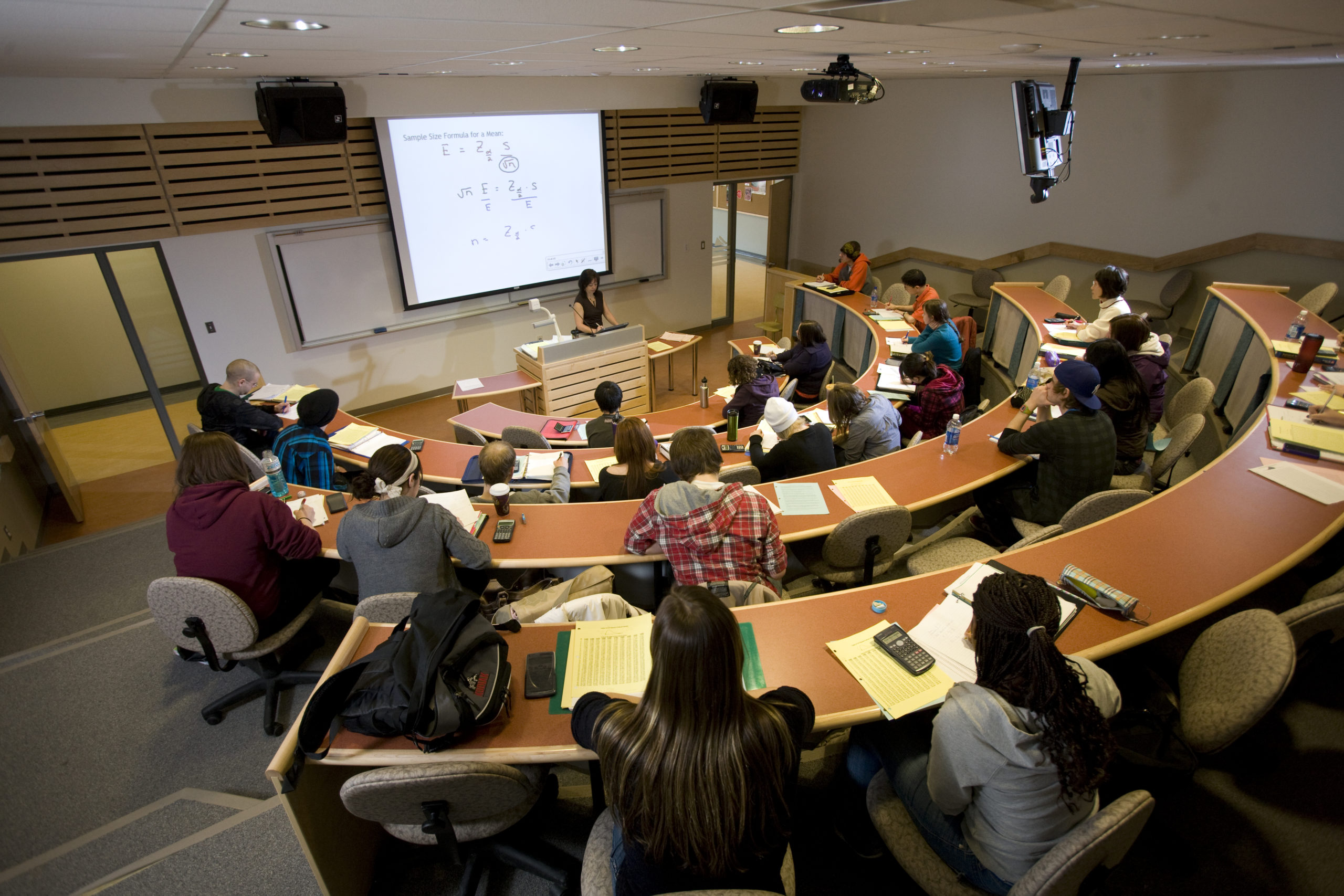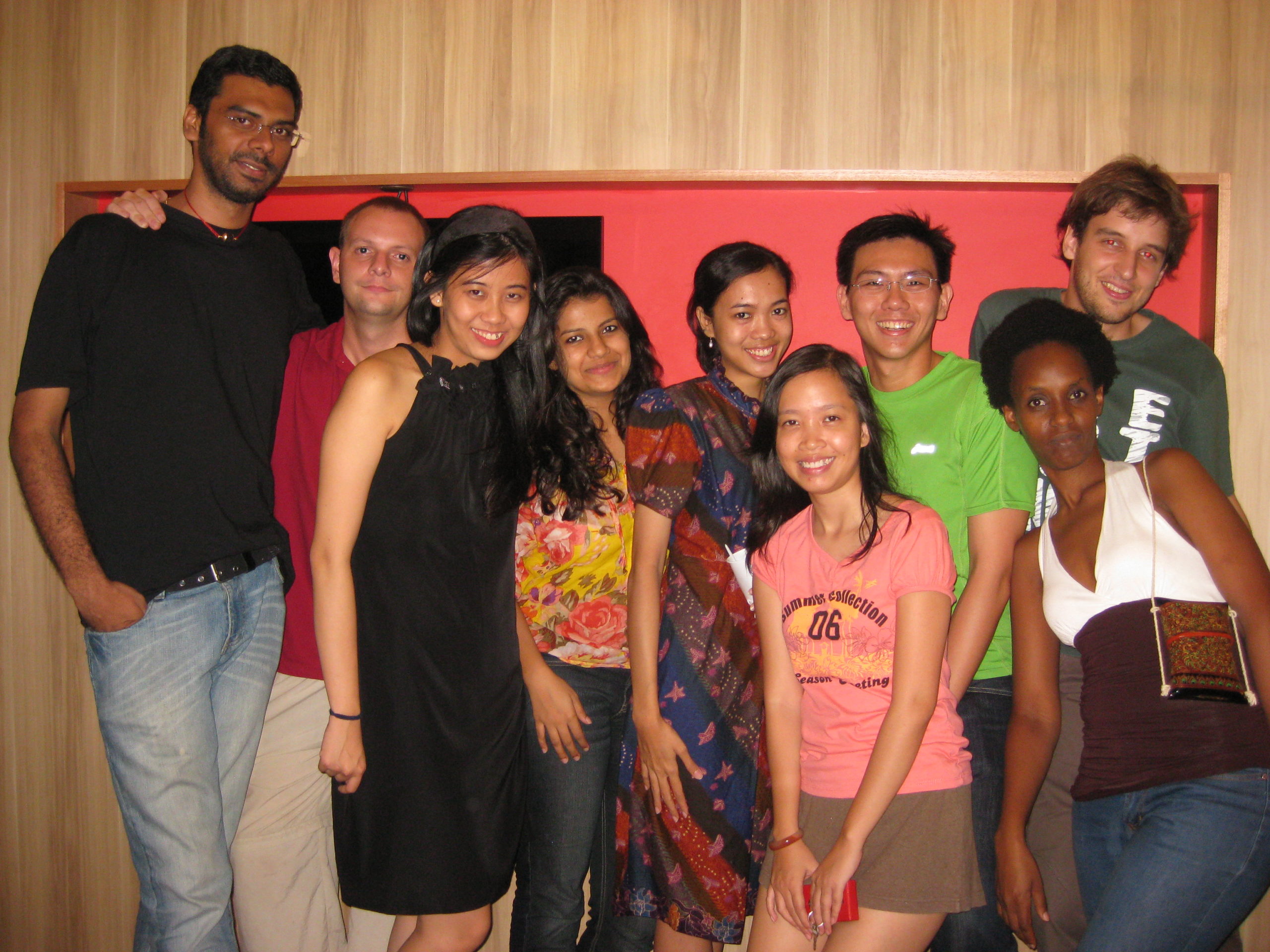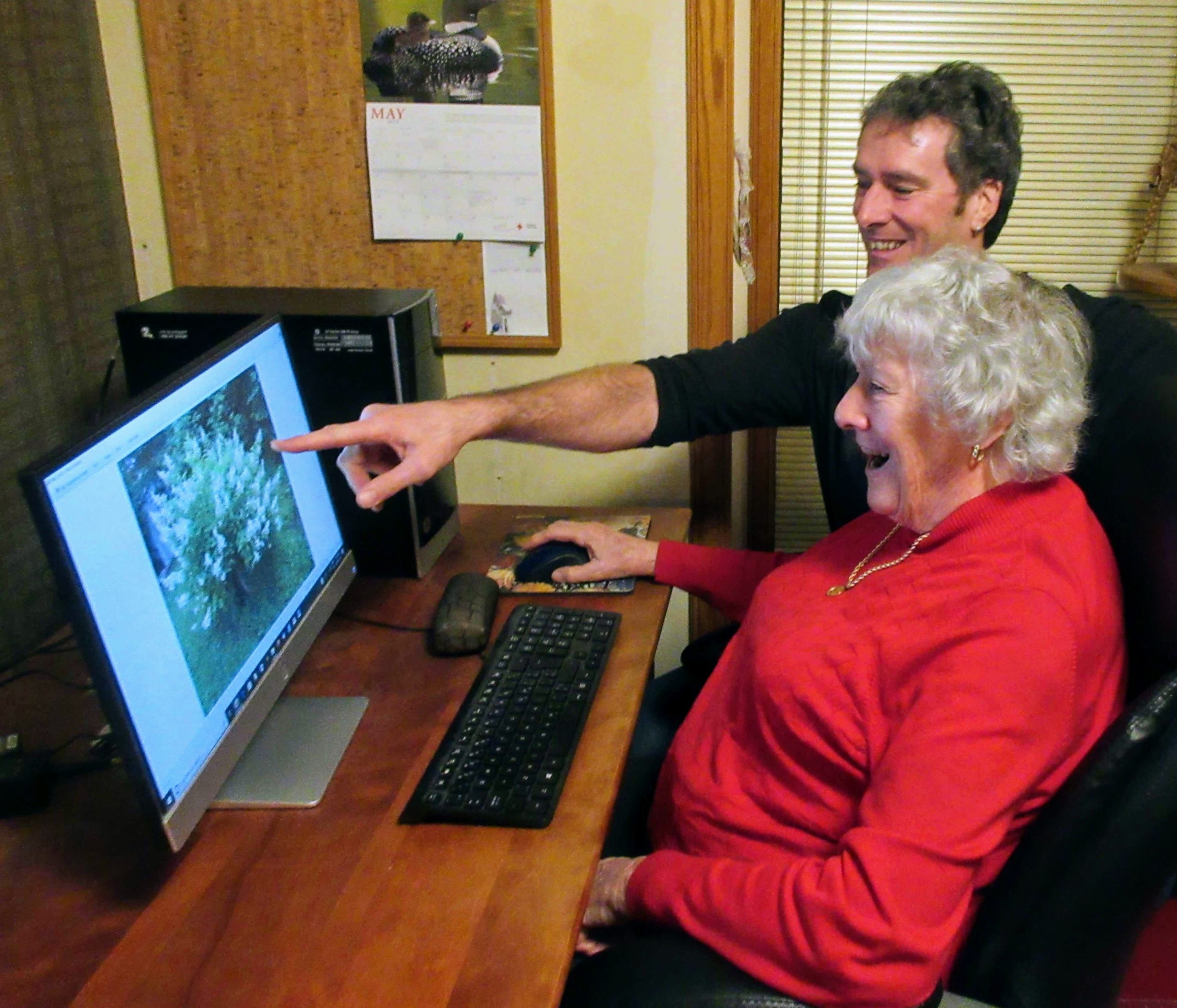2 1.1 Adult Learning
Challenges and Fears
Learning as an adult is much different than learning as a youth in school. It has many challenges. Many of you will be taking courses at the same time as working, raising children, managing a household, or being involved in many community activities. Success in college will require balancing your obligations; time management will be crucial. It is important to be on top of your schedule and responsibilities and to ensure you are setting realistic goals for completion.
Many adults are very nervous when they first start in college. You may be asking yourself many questions. Will I be able to succeed? Will people think I’m stupid? I’ve been out of school so long- will I be able to learn and remember things? Don’t worry. You are not alone! Many students experience these feelings of anxiety and fear. You need to know that you are already a big step ahead of many people, because you have already made a commitment to move forward. It may have been nerve wracking to first inquire about getting started in post-secondary courses. For each one of you who has actually started taking steps (like reading this chapter), there are many more who have only thought about improving their education and haven’t made that first step and keep putting it off until another day. Congratulations! You are on your way.

It may help you to know that many students who have typically not done well academically in the past are pleasantly surprised at their ability to do well as an adult. This is due to many things. Often in elementary or high school, students have many issues which can prevent them from being successful. These include: undetected learning disabilities, health issues, personal issues, family crises, poor attendance, motivation issues, social pressures, bullying, abuse, dysfunctional families – the list goes on. These kinds of stresses can affect their grades negatively. And often students mistakenly begin to think that they are not capable. They can equate poor grades with being a poor student rather than making the connection that circumstances played a huge role in their ability to get good grades. It is very exciting to see students enjoy success when their circumstances have changed and they are motivated to succeed to reach their goals.
Of course, many adult students are also dealing with some very difficult personal circumstances of their own, and they are advised to access student support services and make an appointment with an education advisor to find out options for support.
You’ll be excited once you get started and realize how much you can enjoy learning.
Advantages of Learning as an Adult
As well as challenges of being an adult learner, there are also some salient advantages. Some of the most prevalent advantages to learning as an adult include:
- It’s your choice. No-one is making you go to school. You are choosing to go to school. As opposed to the typical comment from teenagers who say that they don’t see the point of going to school, you actually do.
- You are motivated. You have a goal. You know what you need to meet that goal.
- You have life experience. Life experience has helped you form your goals, teach you life lessons, and give you a context for learning. It is this life experience that will help you make sense of the many concepts you will learn about.
- You are mature. Adults are much better at buckling down and going after what they want. They are not as distracted by peer pressure, socializing, and temptations. With maturity comes wisdom, and you can incorporate that into your learning.
- You are in control. You make your own decisions. You choose your activities and commitments. You control your schedule.
Your Past Educational Experience
It is important to understand how college and university is different from high school and how well your own past educational experiences have prepared you for what you will experience. This is another way in which entering post-secondary education “with your eyes wide open” will prove beneficial.
College is a unique experience for all students—whether you just graduated from high school or are returning to education after years of working or raising a family. You are transitioning from one form of education to another. Some students have difficulty because of the differences between college and high school.
Generally speaking, the university and college experience is usually different from high school in these ways:
- Time management is more important because of varying class and work schedules and other time commitments.
- Instructors seldom seek you out to offer extra help if you’re falling behind. You are on your own and expected to do the work, meet deadlines, and so on, without someone looking over your shoulder.
- There may be no attendance policy for classes. You are expected to be mature enough to come to class without being “motivated” by fear of penalties.
- Many classes are large, making it easy to feel lost in a crowd.
- Many instructors, especially in large classes, teach by lecture—which can be difficult for those whose high school teachers interacted a great deal with students.
- Many post-secondary courses require more study time and require you to work on your own.
- Your social and personal life may be less supervised. Younger students may experience a sudden increase in freedom to do what they want.

Colleges have students from all over the world with diverse backgrounds. - You will meet people from more diverse backgrounds. This can open up your perspective and enrich your life.
- Students vary widely in terms of age, experience, education, work experience before university, cultural background, family, and other factors.
- All of these differences, along with a change in living situation for many students, can lead to emotional changes—both positive and negative.
What does all this add up to? For some students, the sudden independence and freedom can lead in negative directions: sleeping late, skipping classes, missing deadlines, failing to study adequately for tests, and so on. Other students who are highly motivated and work hard in their classes may also have difficulty transitioning to the higher academic standards of post-secondary. Suddenly, you’re responsible for everything. That can be thrilling but also a challenge to get used to. All the chapters in this book will help you make this transition successfully.
Exercise: Adult Learning
Think about your own educational experiences and answer the following questions.
- What are some challenges that you have had in school previously that you are concerned about now that you are returning to school?
- What are some new challenges that you will face that are unique to being an adult going to school?
- What are some things you would like to do differently than your previous educational experiences?
- What are some things you have going in your favour (advantages) that you will have going for you this time as you return to school?
Life-long Learning

Taking all of these things into account will help you embrace the idea of learning as an adult, and will help you let go of some of the old patterns and habits you had as a youth. Some people feel bad about going to school as an adult, thinking that it somehow represents failure to do it earlier. But in reality, those who intentionally keep on learning throughout their lives are the ones who continually upgrade their skills, learn new things, and are interesting people. Changing careers throughout life is a reality in this day and age. People go back to school to change careers at many ages. People go back to school to become more specialized at work, feed a new interest, or change their path. People engage in professional development throughout their careers to stay on top of technology, emerging trends, and current issues. People take workshops and go to conferences on issues they are interested and engaged in, just to stay on top of current teachings. People read books and have community groups to challenge each other and learn. Never be ashamed of learning! It keeps us young and informed.
The thing to remember is that life-long learning means that we constantly challenge ourselves, improve ourselves, and keep ourselves growing. Life-long learning is a great thing and continually contributes to our personal growth.
There are often specific classes available for seniors. Learning about computers for many seniors is exciting and challenging.
“Intellectual growth should commence at birth and cease only at death.”
— Albert Einstein.
Text Attributions
- Text under “Your Past Educational Experiences” was adapted from “Who Are You, Really?” in University Success. by N. Mahoney, B. Klassen, and M. D’Eon. Adapted by Mary Shier. CC BY-NC-SA.
- Text has also been adapted from Upgrading for Academic and Career Entry (UACE) Student Orientation Handbook by Mary Shier, College of the Rockies. Adapted by Mary Shier.

